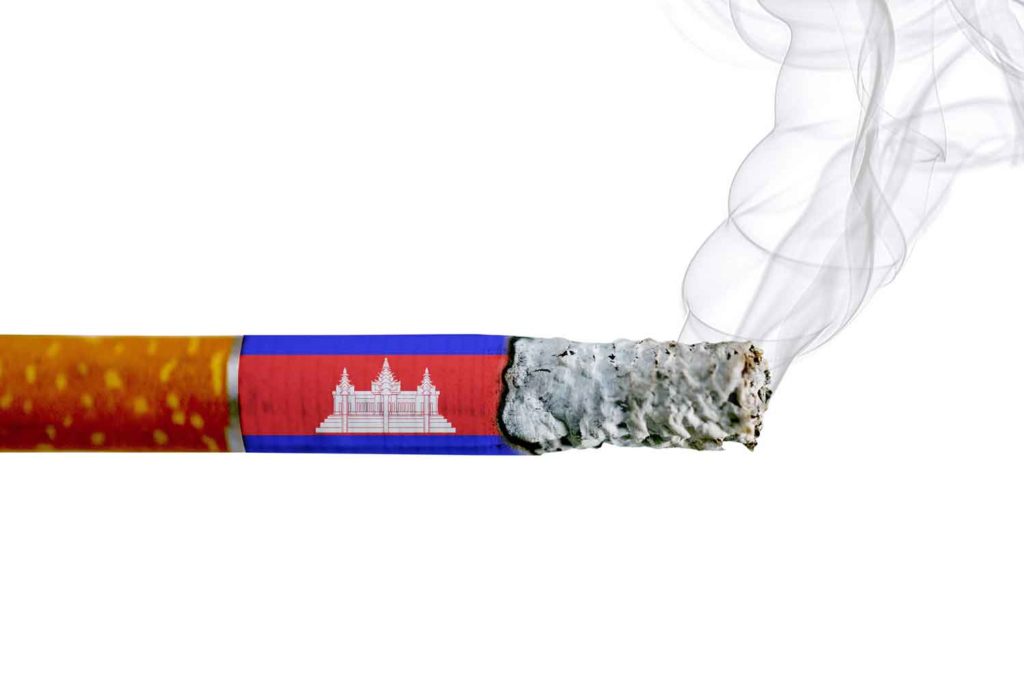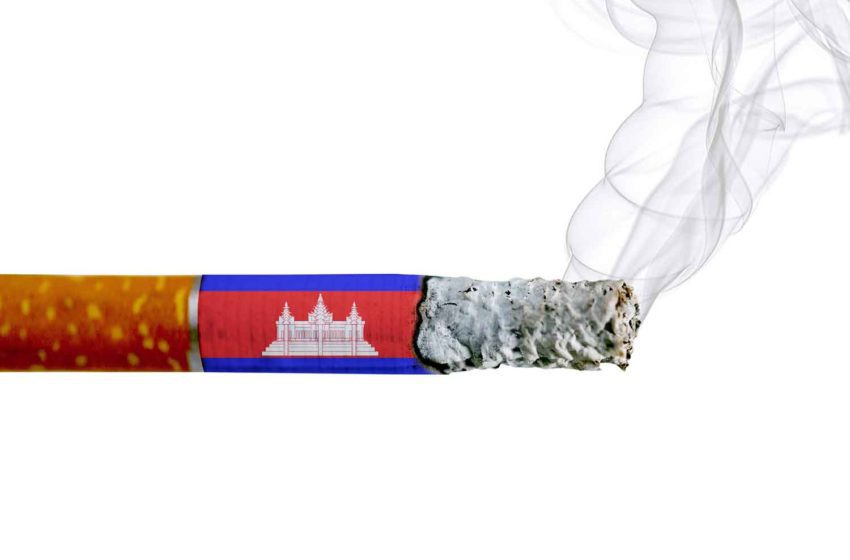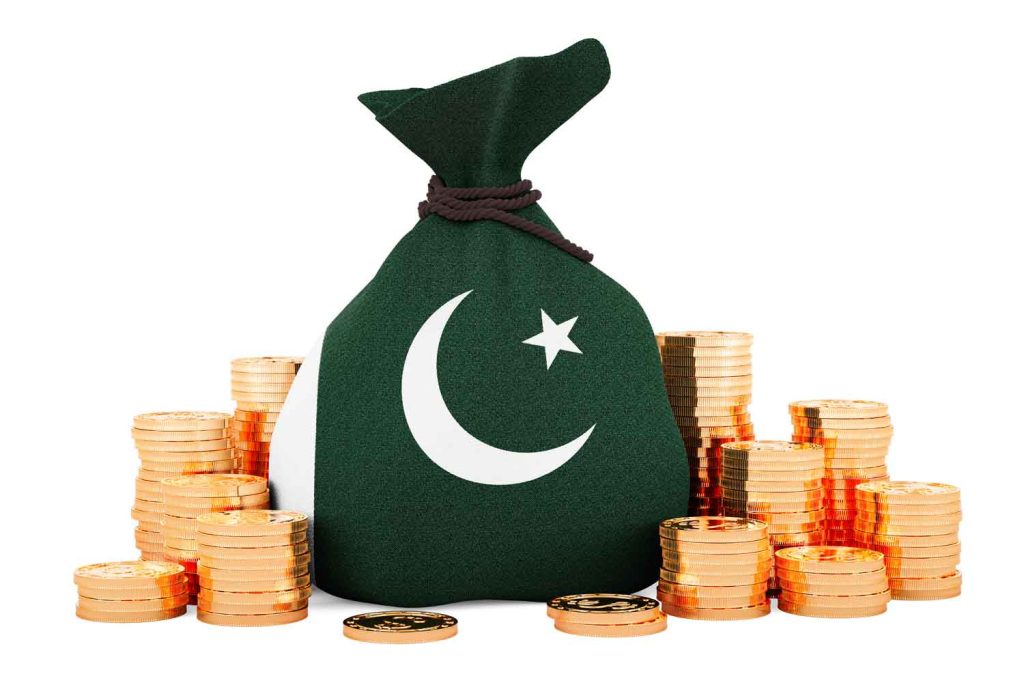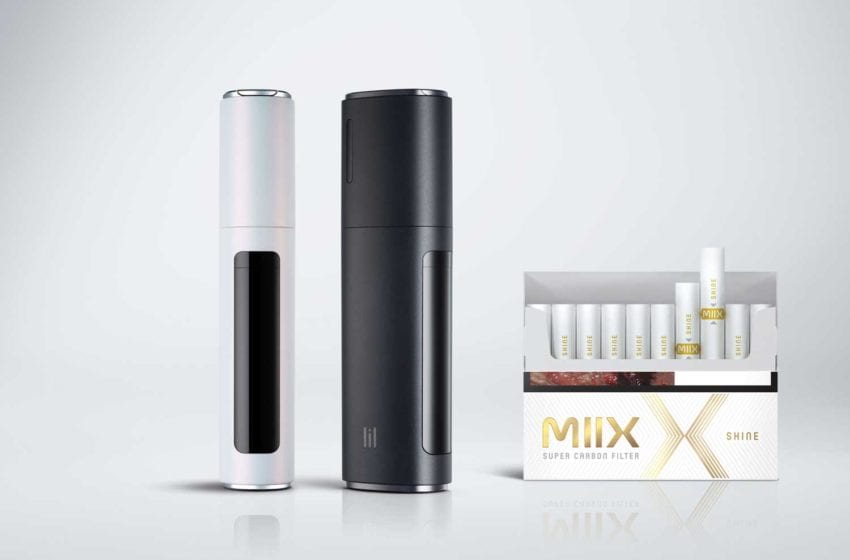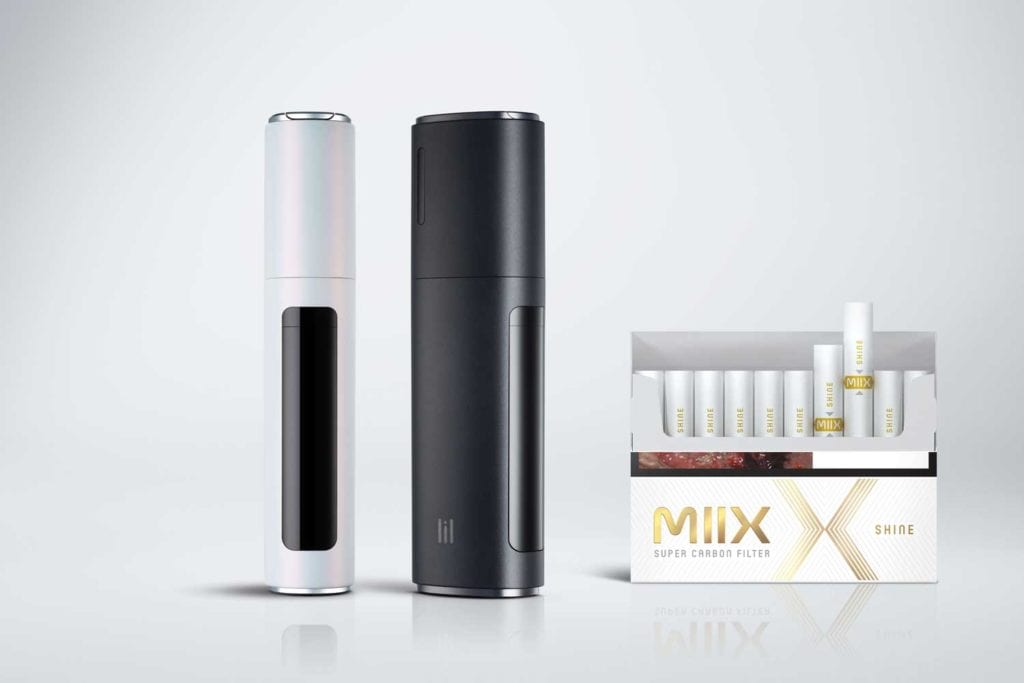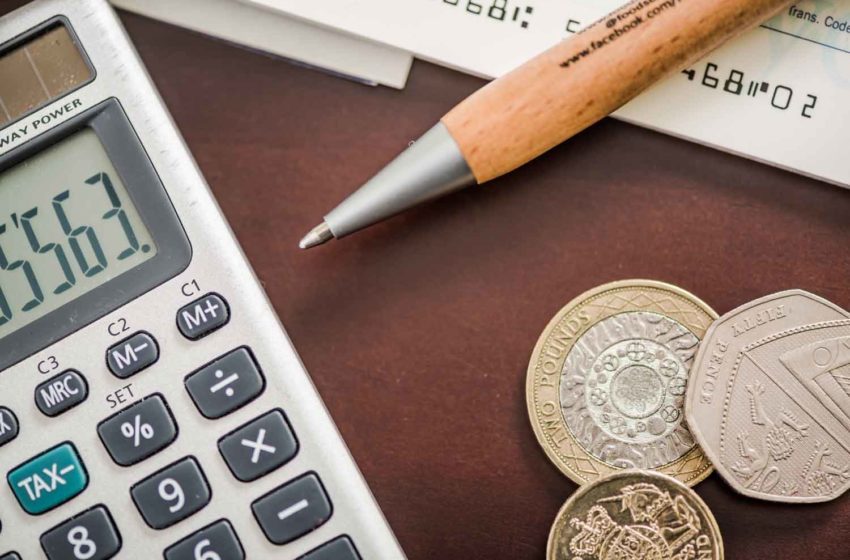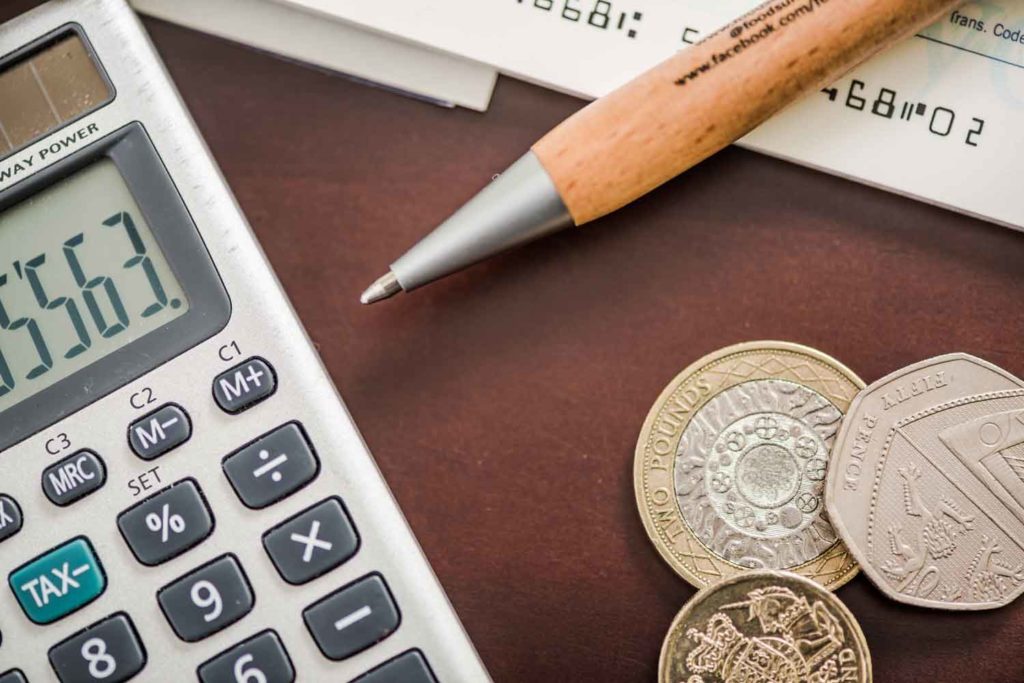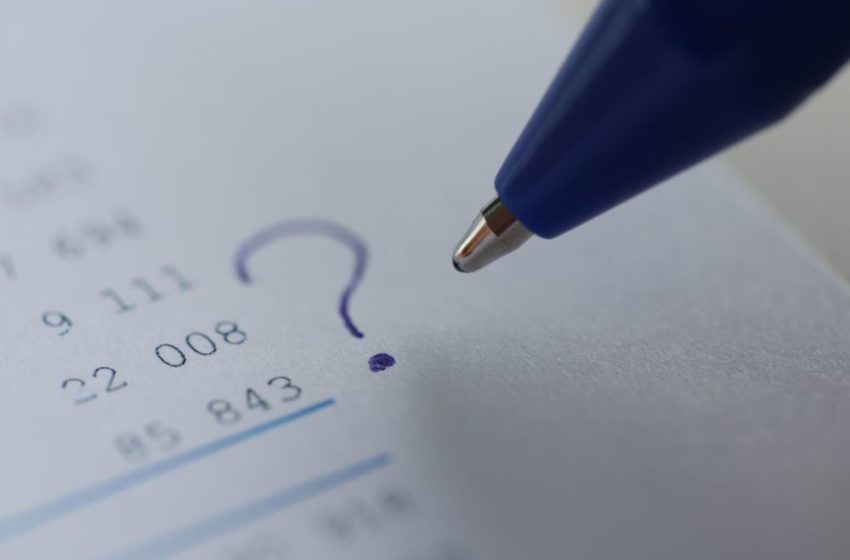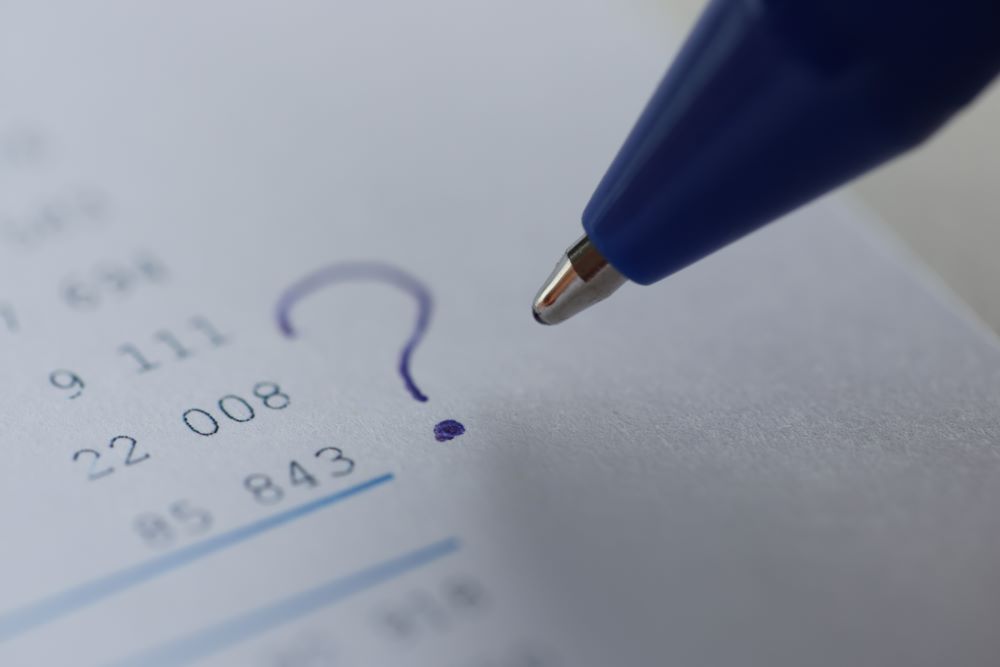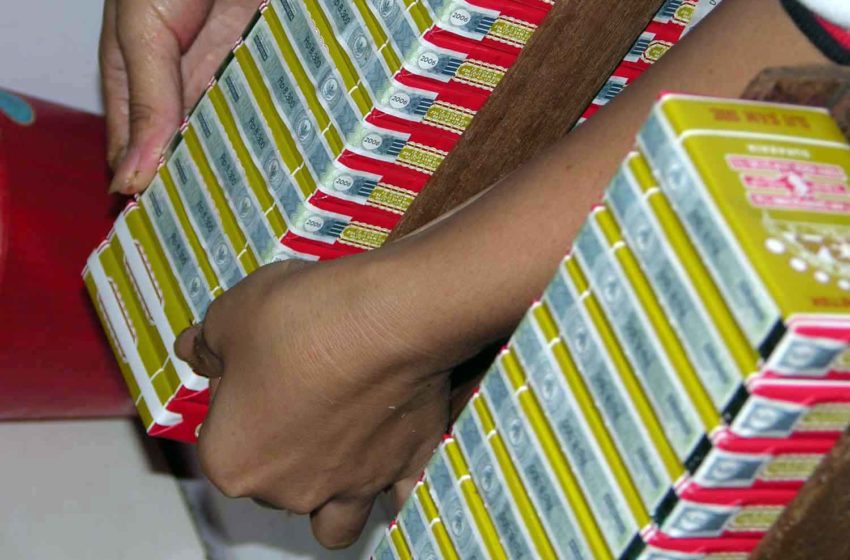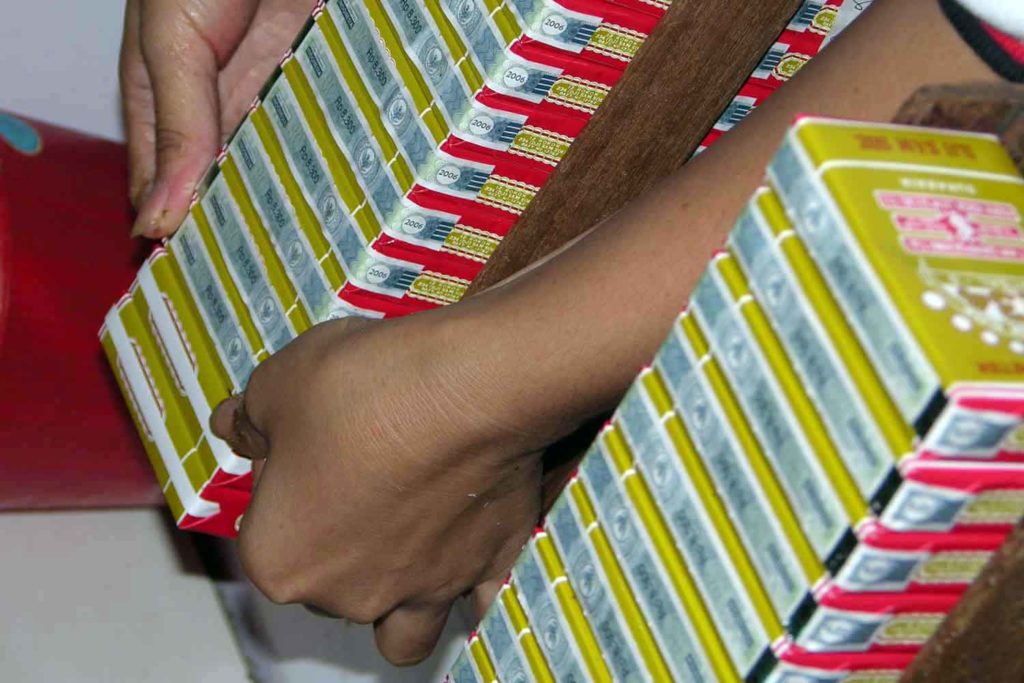Each month, the U.S. Alcohol and Tobacco Tax and Trade Bureau (TTB) publishes excise tax statistical reports for tobacco products. In November 2022, the TTB announced that it would be changing the way in which it releases and reports this data—changes that significantly affect the quality of the data for its previous users.
The reporting changes are attributed to the decrease in market players; the TTB stated that with so few remaining players, the data, as it had been published, made it easy to identify specific companies and their production and sales levels. This made for an unfair market, with some manufacturers privy to information that may affect product pricing and create unfair marketing practices.
While at face value, the changes may not seem relevant, especially to those not adept at interpreting tax data, they are actually quite substantial. The TTB’s changes have led to shifts in the categories listed (categories now consist of cigarettes and a smaller number of other tobacco products) and the aggregation of tax-exempt data from all product categories; additionally, some months are missing data points. Tobacco products that are greatly affected include large cigars, little cigars, chewing tobacco, pipe tobacco and roll-your-own tobacco. As vapor products are not subject to a federal excise tax, the TTB does not, and did not previously, release any data regarding electronic cigarettes, e-liquid or other novel tobacco products.
The trade association TMA uses the TTB’s tobacco tax data to create reports dissecting the information to discuss the U.S. tobacco product markets and trends. With the TTB’s changes, this information is now less useful than before. Overall, cigarette data hasn’t changed significantly outside of the lack of specific tax-exempt information; however, the other tobacco products are lacking much information that was previously available, making it impossible to get a complete picture of the market.
When the TTB implemented its changes, it implemented them retroactively, meaning all of its previous excise tax statistical reports were removed from its website. The TTB also does not plan on notating which figures have been changed in revised reports to accommodate the new aggregation system, according to a source familiar with the matter.
This poses a problem for TTB data users. Now, there are likely to be more discrepancies in data because one source may be using the “new” data while another may be using the previously published data. There are likely to be more gaps in information as well because many categories are missing information due to the aggregation—data comparisons are more difficult to obtain if missing data points become more common. Sources are less likely to be able to effectively discuss market outlooks and comparisons as well due to the gaps in data and the fact that categories have been combined. At best, they would be estimations and educated guesses based on historical data and trends.
The aggregated information now provided by the TTB is useful in small part to give a snapshot of the market, but with gaps in data and large category aggregation, there is no way to dissect the market and understand possible trends in any comprehensive manner. Unless more players enter the game, it is unlikely that the TTB will revert to the way in which it originally reported the statistical data, creating a roadblock for those trying to discern potential market changes.
